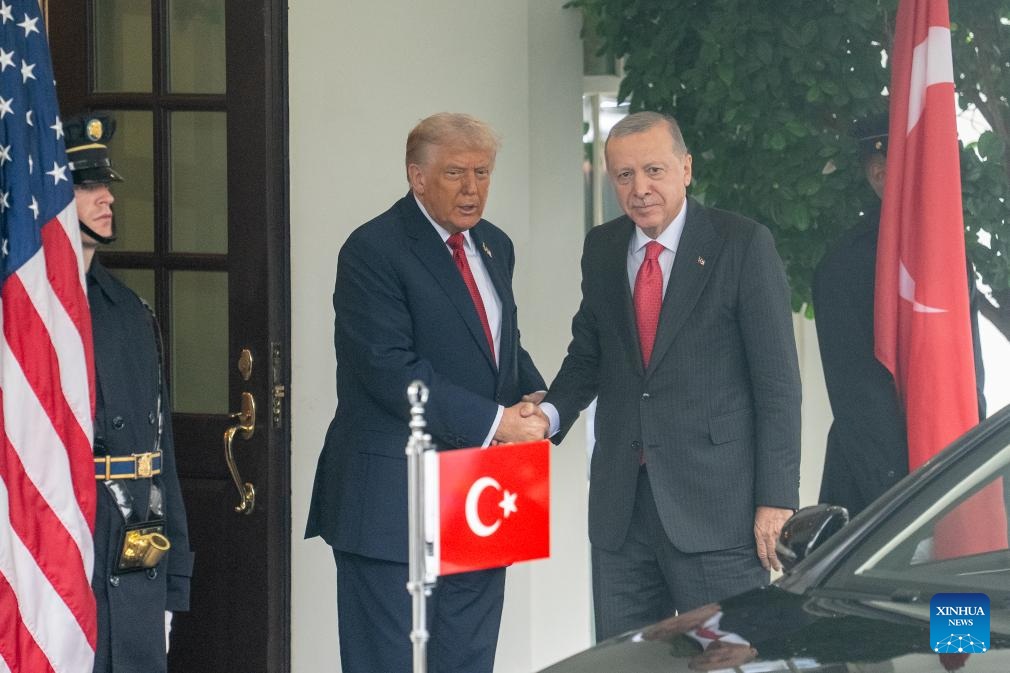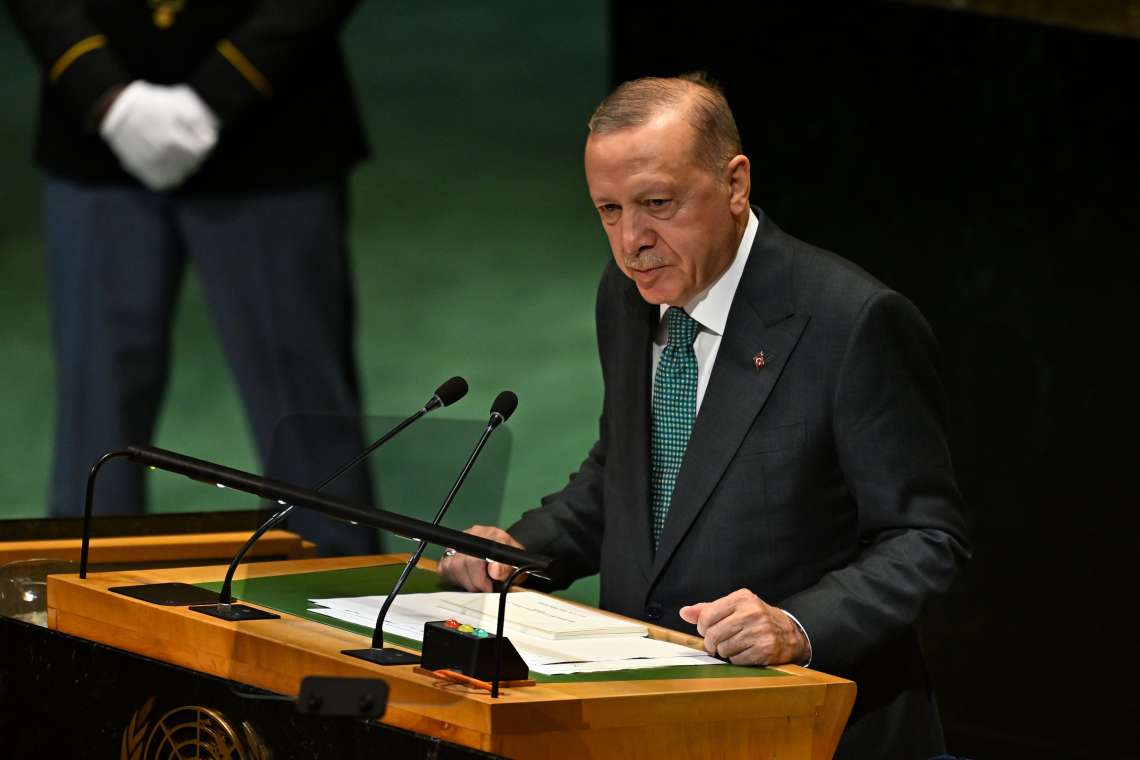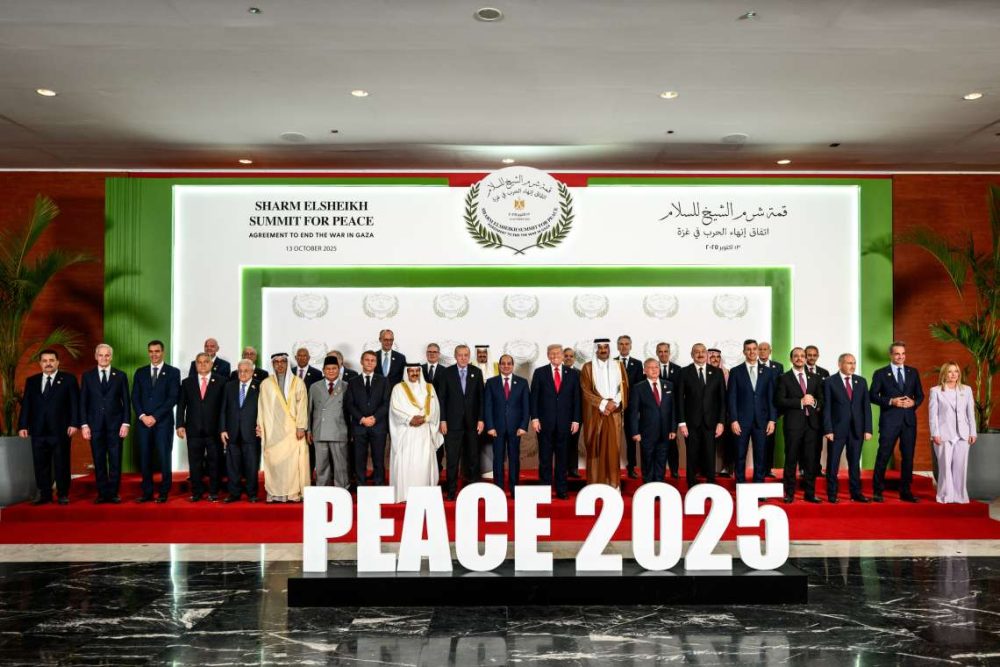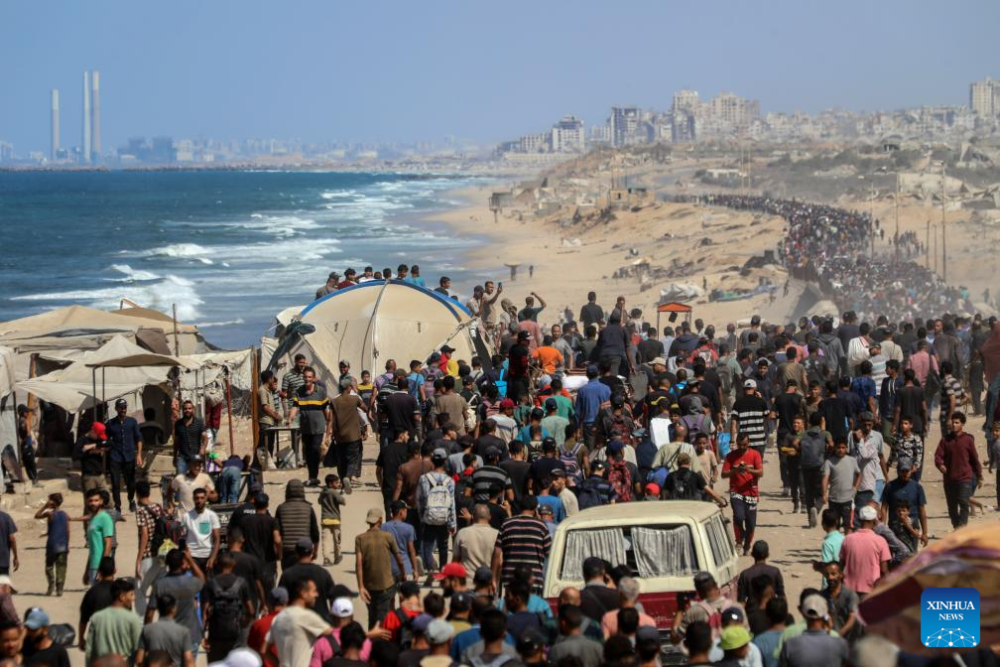Turkey greenlights Sweden, Finland’s NATO bid, internal conflicts remain
Turkey changed its position and agreed to support Sweden and Finland’s NATO membership applications on Tuesday during the ongoing NATO Summit in Madrid, while conflicts within the military bloc still remain.
After an extended meeting among leaders from the three countries together with NATO Secretary General Jens Stoltenberg on Tuesday afternoon, a trilateral memorandum addressing Turkey’s security concerns was agreed and signed, paving the way for the two Nordic states’ NATO membership applications.
“I am pleased to announce that we now have an agreement that enables Sweden and Finland’s membership in NATO,” said Stoltenberg at a press conference on Tuesday night, explaining that the deal includes agreements on arms exports and a joint fight against terrorism.
“This will strengthen NATO, and it will also strengthen Sweden and Finland”, said Stoltenberg, adding that now is the time for the 30 different parliaments to make a decision. According to NATO, all 30 members must approve a country’s bid for it to be accepted into the alliance.
Although several NATO countries have already approved the two Nordic states’ bid in mid-May to join the military alliance, the process has proven not to be as straightforward, as Turkey soon raised objections, citing Swedish and Finnish ties with the Kurdistan Workers’ Party (PKK) and Syria’s Kurdish People’s Protection Units (YPG) Turkey labels as terrorist groups. Ankara has also voiced dissatisfaction with the Swedish arms embargo on Turkey.
Rounds of talks have been held in the past weeks at both Ankara and NATO headquarters in Brussels which aimed to resolve differences among the two Nordic states and Turkey.
Despite Turkey’s green light on Tuesday, the NATO head admitted that conflicts within the military bloc still remain.
“There will still be conflicts within the defense alliance, but we have shown the strength of our alliance …” Stoltenberg concluded
Mending Ties
Liquidity challenges and “worst economic woes in two decades” have prompted Turkey to mend ties with regional heavyweights such as Saudi Arabia and Israel to attract their investments to help the country through its crisis, experts say.
During a rare visit to Turkey by Saudi Crown Prince Mohammed bin Salman Al Saud last week, the two countries declared their determination to start “a new era of cooperation,” setting aside years of acrimony following the 2018 murder of the Saudi journalist Jamal Khashoggi in the Saudi consulate in Istanbul.
Similar steps have also been taken by the Turkish government under President Recep Tayyip Erdogan to improve its relations with the United Arab Emirates (UAE), Egypt and Israel, as Ankara is struggling with a weak currency and 24-year high inflation of 73.5 percent.
“There’s evidently an economic dimension amid the normalization drive launched by Turkey at the beginning of 2021,” Serkan Demirtas, a foreign policy analyst, told Xinhua.
The potential “contributions from these countries” include “direct foreign investments and swap agreements” that could “reinforce Turkey’s low foreign currency reserves,” he explained.
After a decade of animosity over Israel’s deadly assault on a Turkish-led flotilla to the besieged Gaza Strip in 2010, Turkish and Israeli senior officials have paid mutual visits in the last couple of months to open what Israeli Foreign Minister Yair Lapid hails “a new chapter” in bilateral relations, especially their cooperation in exporting Israeli natural gas to Europe via Turkey.
“In the past decade, Turkey was sidelined from … the East Mediterranean Gas Forum formed by regional nations … because of its acrimonious ties with (the forum’s members) Greece and Egypt,” Demirtas said.
ALSO READ:Turkey, Britain to upgrade free trade deal
“But the rapprochement with Israel could end Turkey’s exclusion from this international organization,” the analyst added.
Tulin Daloglu, a Middle Eastern foreign policy analyst based in Turkey’s capital Ankara, reacted with caution to Turkey’s reconciliation with Saudi Arabia and Israel, noting it will take time for them to fully restore mutual confidence.
“While Turkey is stepping up efforts to mend ties with these countries, they may not be willing to do so at the same speed,” Daloglu told Xinhua, noting the visits were largely ceremonial with no concrete action plan, reflecting more caution than resolve.
“We don’t know yet how this normalization process will evolve. We have to wait and see, but it may not be finalized at the speed expected by Turkey,” she concluded, highlighting Turkey’s looming risks over its balance of payments.












